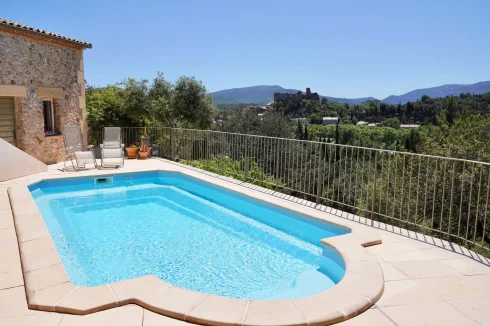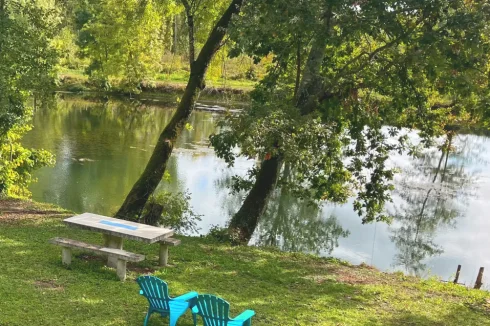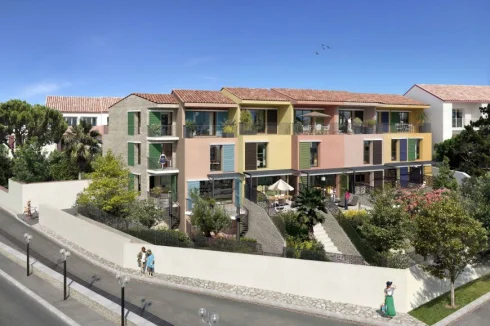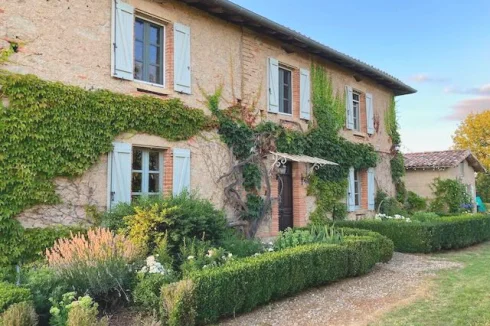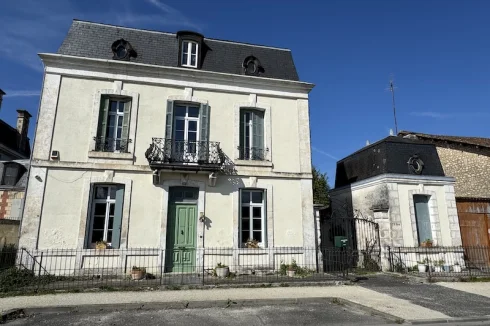Premium, Freephone and Emergency Telephone Numbers in France
Tuesday 07 January 2014
A use of non-geographic telephone numbers is widespread in France, sometimes free, on other occasions subject to a confusing set of tariffs.**
As occurs in most other countries, a large number of public services in France can only be reached by calling a special number subject to a premium rate call.
The same applies to the client services of some major travel services, such as SNCF and Air France, as well as certain major internet based shopping portals, banks and insurance companies.
Other services provide a local call or free number to contact them, but go to great lengths to disguise it, and promote instead their premium rate contact number.
Even though you may be telephoning from your computer or subscribe to a package granting 'unlimited calls', these numbers are not normally included in the fixed tariff you pay. So you will be charged, either at the local call rate, or a premium rate.
There is huge controversy over such practices and although in recent years regulations have been tightened, enforcement remains weak.
Strictly speaking, since the 'Loi Chatel' 2008 no company is entitled to oblige their customers to call a premium rate number to follow their order, enforce the product guarantee, use their right of retraction, or make any other after sales enquiry (service après-vente). The waiting time for a post sales service should be free.
The law states:
"Le numéro de téléphone destiné à recueillir l’appel d’un consommateur en vue d’obtenir la bonne exécution d’un contrat conclu avec un professionnel ou le traitement d’une réclamation ne peut pas être surtaxé. Il est indiqué dans le contrat et la correspondance."
In practice, abuse of the rule remains widespread, although some improvement in compliance is occurring.
The waiting times should also be announced, but this does not always occur, and if they are, they are not always accurate.
All telephone calls to a premium number must contain a message giving information on the tariff, for both any connecting charge and the charge per minute. This message must be given before the charges are incurred. A sound then indicates the end of the message and the start of the phone tariff.
If you do not wish to continue with the call and be charged, you simply put down the phone. Once past this point, then the charges are occurred.
Some websites now provide information on the alternative geographic number of the service, such as at Detax.
The government and businesses have also put in place a reverse phone look-up facility, to identify from generic premium numbers more details of the service and the operator, which can be found at Infosva. As might be expected, some of the less scrupulous have not signed up to it.
Numbers which begin with 01, 05 and 09 are not premium rate, as is also the case for mobile numbers beginning with 06 and 07.
Call Rates
There exist two types of special telephone number, those with 10 digits which start with 08, and short numbers of 4 or 6 digits which start with 1, 3 or 118.
The calls to these numbers may be either:
i. Free - The only numbers that you can count on being free from both a fixed line and a mobile commence 0800 to 0805. Those 0806 to 0809 may be payable at a local rate. The numbers comprise 10 digits. The 4 digit numbers commencing 30 or 31 are also free, whether from a fixed line or mobile.
ii. Local Rate - Those commencing 081, 082 and 089 are charged at a rate that is closer to normal local rate, or the actual local rate.
iii. Premium Rate - All other 08 numbers charge a premium rate, of one amount or another, with a connection charge. The worst of them generally begin with 089.
They may also be short 4 digit premium numbers commencing with 32, 36, 39 or 10, although some numbers beginning with these digits are free.
The tariff for these calls varies enormously. Numbers beginning with 0897 normally cost around €0.56 in total.
In other cases it starts with a connecting charge varying from €1.01 to €1.35, plus a charge per minute that can vary from €0.6 to €.080 per minute, or €0.15 to €3 for a call. Mobile operators may also charge more.
Telephone enquiry services commencing with 118 are at a premium rate.

Emergency Numbers
Emergency numbers are of course entirely free, either by ringing the generic European emergency number 112, or the national emergency numbers:
- 15 for an ambulance
- 17 for the police
- 18 for fire and rescue services
**Article Updated Sept 2018
Thank you for showing an interest in our News section.
Our News section is no longer being published although our catalogue of articles remains in place.
If you found our News useful, please have a look at France Insider, our subscription based News service with in-depth analysis, or our authoritative Guides to France.
If you require advice and assistance with the purchase of French property and moving to France, then take a look at the France Insider Property Clinic.
